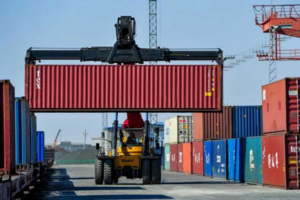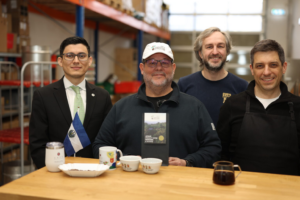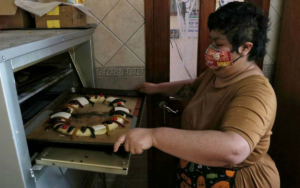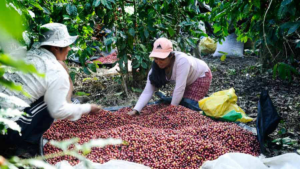
The Ministry of Foreign Affairs, through its Directorate of Analysis and Partnerships for Human Mobility, held the conference “Building national value chains from the perspective of human mobility”. The Vice Minister of Diaspora and Human Mobility, Cindy Mariella Portal, revealed that, as of july 2024, remittances destined for investment in El Salvador reached US$69.3 million, a figure that highlights the growing commitment of the diaspora to the economic development of the country.

During the event, Portal highlighted that, according to data from the Banco Central de Reserva, in 2023, US$105.3 million of remittances were directed to investment in various sectors of the salvadoran economy. He also mentioned that 57% of the adult salvadoran population in the United States is interested in investing in El Salvador, which is equivalent to more than 764,000 salvadoran nationals.

The congress addressed three key topics: the diaspora as a strategic partner for building national value chains, reverse migration and diaspora information management. The Vice Minister stressed that these topics are fundamental to define the next steps in the alignment of efforts to generate prosperity in El Salvador.

The event was attended by expert panelists such as Rodrigo Ayala, president of Invest In El Salvador; Silvia Cuéllar, president of COEXPORT; José Velásquez, president of CASALCO; and Alejandra Durán, executive director of CORSATUR. They provided their perspectives on how the diaspora can be a key driver of the salvadoran economy.
Diaspora entrepreneurs in the United States, such as Otto Madrid and Virginia Campos, were also present. They shared their experiences and how their investments have contributed to the development of El Salvador, highlighting the importance of continuing to strengthen the ties between the diaspora and the country.

Finally, the day was attended by representatives of international organizations such as Maribel Gutiérrez from UNDP and Larisa Lara from OIM Ginebra, as well as academia, represented by Ada Ruth González from the Universidad Luterana Salvadoreña and Julissa Raquel Landaverde from the Ministry of Foreign Affairs. All agreed on the need to continue these efforts to maximize the positive impact of human mobility in El Salvador.







